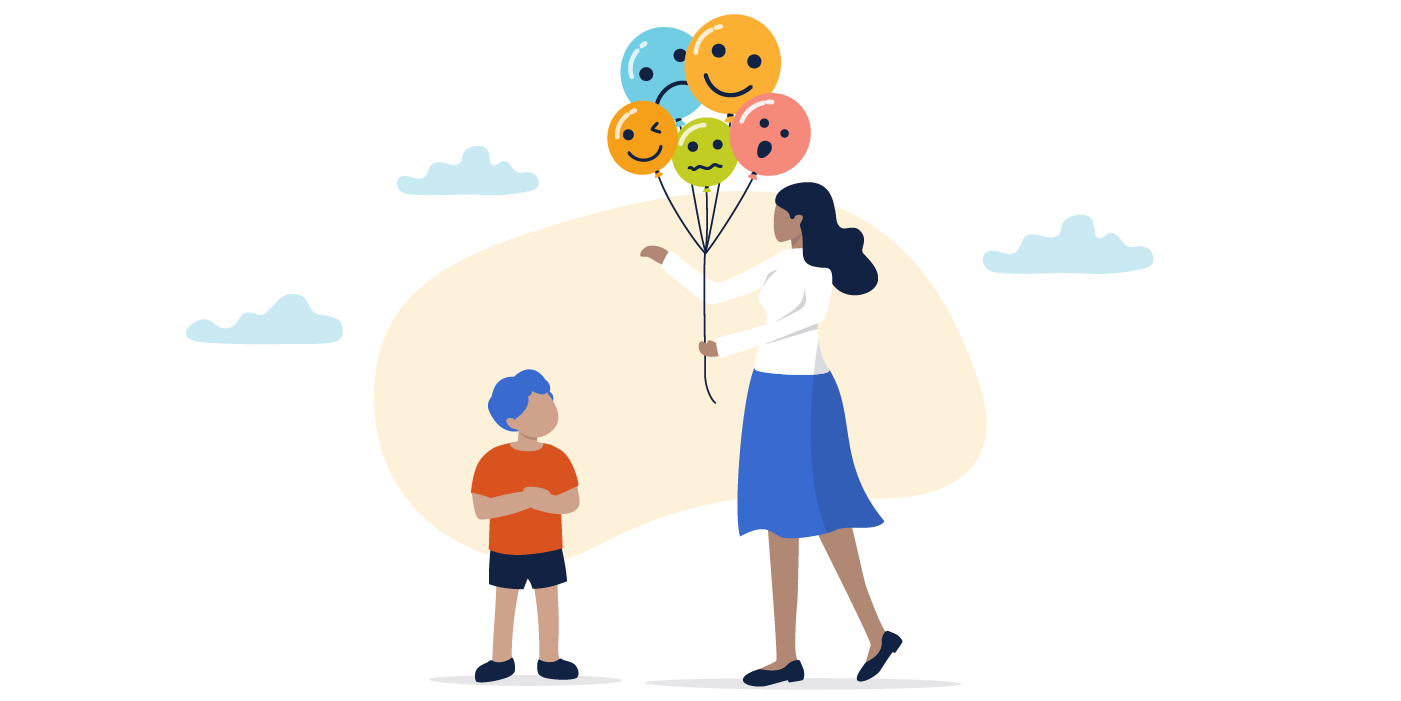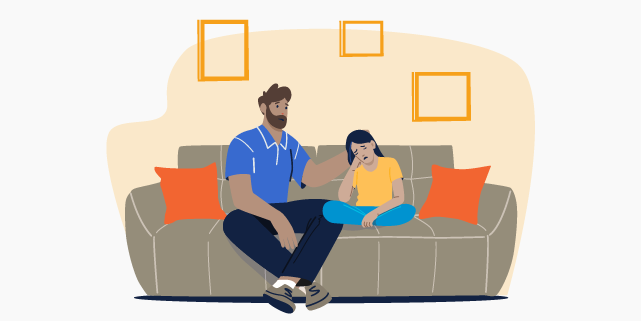The “Third Shift” is Burning Out Parents Amid the Pandemic
 With many schools, camps, and daycares shut down, parenting stress and burnout are now at an all-time high. These are compounded by job losses, financial issues, infection anxiety, working while helping with virtual learning, worries about loved ones, decision stress, juggling roles, and sadness about the loss of “normal” life.
With many schools, camps, and daycares shut down, parenting stress and burnout are now at an all-time high. These are compounded by job losses, financial issues, infection anxiety, working while helping with virtual learning, worries about loved ones, decision stress, juggling roles, and sadness about the loss of “normal” life.
The average workday increased by three hours in the U.S. after mid-March, when companies started practicing working from home due to COVID-19. Many parents are shifting their job-related work to early morning and late-night hours (a.k.a., the “third shift”) as they care for their children and help them with virtual learning during the day.
Erin Leyba LCSW, Ph.D. , the author of Joy Fixes for Weary Parents: 101 Quick, Research-Based Ways to Overcome Stress and Build a Life You Love, offers some steps parents can take to help.
1. Ease up on perfectionism.
Surprisingly, parents who “give it their all” and are committed to parenting the most are more at risk of burning out. Researchers found that parenting burnout is related to the combination of self-oriented perfectionism (high expectations for what they think they should be doing as parents) and socially prescribed perfectionism (parents’ perceptions of others’ expectations for or judgments of them). Adjust your expectations.
2. Set up consistent routines.
Researchers found that inconsistent parenting or a high level of family disorganization are risk factors for parental burnout. Routines can be stability anchors and can lower stress. Consistent family routines such as family dinner together each night, set times to play and turn off devices, set outdoor times, Sunday game nights, Friday movie nights, and chore charts can reduce your risk of burnout.
3. Get support.
Consider joining a parents’ group, support group, or other group where you’re able to connect with others experiencing the same things. Brianda and colleagues (2020) found that sharing in a group (participant sharing and active listening) helped reduce rates of parental burnout. Tele (video) therapy, which research suggests is effective for depression, anxiety, and other issues can also help.
4. Simplify.
Parents who are “overzealous” about parenting are also more at risk for burnout. Overzealous parents often want to plan the best outings, do the best crafts, have the best toys, and, overall, do too much. Not only can this superhero parenting be detrimental for children’s mental health, but it also puts more stress on parents too. Simplify. Consider cutting out activities, toys, outings, crafts, stuff, and projects to free up time for you and your child to relax, do nothing, and play.
5. Address discrepancy between demands and resources, if possible.
Research illustrates that targeting the hypothesized cause of parenting burnout (e.g. discrepancy between demands and resources) reduces parental burnout as well. Can you or your partner reduce work hours? Make a change to your work schedule? Get a babysitter or a family member to help out? Cut back on commitments, just for a while?
6. Engage in self-care.
Do something that “fills your cup” every week, whether it’s biking, walking, chatting with friends, gardening, golfing, baking, watching a favorite movie, or pursuing a hobby. Consider 1) taking a bath, which can improve symptoms of depression; 2) exercising, which reduces symptoms of depression and anxiety; or 3) reading a book, which reduces psychological distress.
7. Focus on the joy in the day.
Know where your joy will come from each day. Maybe it will be from the 10 minutes you play catch with your child, from reading your children bedtime stories, from chatting with an old friend, from winding down with a feel-good movie, from giving an employee a good review, or from surprising a loved one with flowers.
Excerpted from “The “Third Shift” is Burning Out Parents Amid the Pandemic” in Psychology Today. Read the full article online.
Source: Psychology Today | The “Third Shift” is Burning Out Parents Amid the Pandemic, https://www.psychologytoday.com/us/blog/joyful-parenting/202009/the-third-shift-is-burning-out-parents-amid-the-pandemic | © 2021 Sussex Publishers, LLC
A screening can help you determine if you or someone you care about should contact a mental health professional. Care Managers can arrange a free 30-minute Care Consultation so you can explore options with an expert. Call or email our Care Managers at 650.688.3625 or careteam@chconline.org to set up an initial Consultation appointment.





